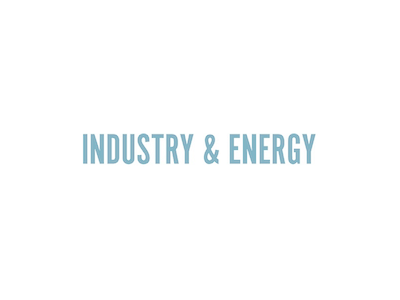United States – FECM, a department of the U.S. Department of Energy, gave $8 million in federal money for four projects that focus on developing and testing carbon dioxide (CO2) collection and utilization technologies that provide value products and services, biomass, and bi-products.
The selected projects will use algae to create conversion technologies to reduce emissions, so contributing to the Biden-Harris Administration’s goal of net zero emissions by 2050.
FECM and the National Energy Technology Laboratory (NETL) will manage the following four projects:
- Carbon Capture and Utilization for Protein and Fatty Acids — Global Algae Innovations (San Diego, California) is developing a technology suite to cut production costs, making algae products competitive in commodity food, chemical, polymer and animal feed sectors. Non-DOE funding: $500,000, and DOE funding: $2,000,000
- Engineering-Scale Validation of Novel Algae CO2 Capture and Bioproducts Technology — Helios-NRG, LLC (Amherst, New York) is designing an unique algal technology to capture CO2 from carbon-based power plants and convert it to profitable goods that produce money. DOE Funding: $1,999,228; Non-DOE Funding: $499,802; Total Value: $2,499,030
- Continuous Algae-based Carbon Capture and Utilization (CACCU) to Transform Economics and Environmental Impacts — Texas A&M AgriLife Research aspires to integrate cutting-edge sorbent-based CO2 capture and algae-based technologies to produce value-added goods and algal biomass from flue gas at ultra-high yield and low prices. This project features synthetic biology design that activates algal cells to auto-sedimentation with high solid load, which allows continuous cultivation using periodic cell removal/harvesting to maintain optimal growth rate and low energy cost. The hydrogel-based phosphate, ammonia and bicarbonate controlled delivery system will greatly enhance algae productivity, reduce CO2 loss, and alleviate the need for high alkaline-based CO2 storage, making use of a rapidly growing strain possible. The study by Texas A&M AgriLife Research will employ machine learning, process control, and techno-economic analysis (TEA) and life cycle analysis (LCA) models to assess and optimize carbon capture and utilization efficiency, costs, and scale-up feasibility. Non-DOE Funding: $507,202; Total Value: $2,507,202
- Improving the Cost-Effectiveness of Algal CO2 Utilization by Synergistic Integration with Power Plant and Wastewater Treatment Operations — The University of Illinois (Champaign, Illinois) is looking to build an open raceway pond algae production system, including carbon-based power plant CO2 and wastewater fertilizer inputs, while decreasing CO2 emissions and cost. Non-DOE funding: $501,660; Value: $2,499,096.
This project will help to advance the aims of FECM’s Carbon Utilization Program, and help to minimize the near-term cost of carbon capture. FECM funds R&D initiatives to lower the cost of and decarbonize power production and industrial sources, and to remove CO2 from the atmosphere to advance sustainable energy resource usage.





